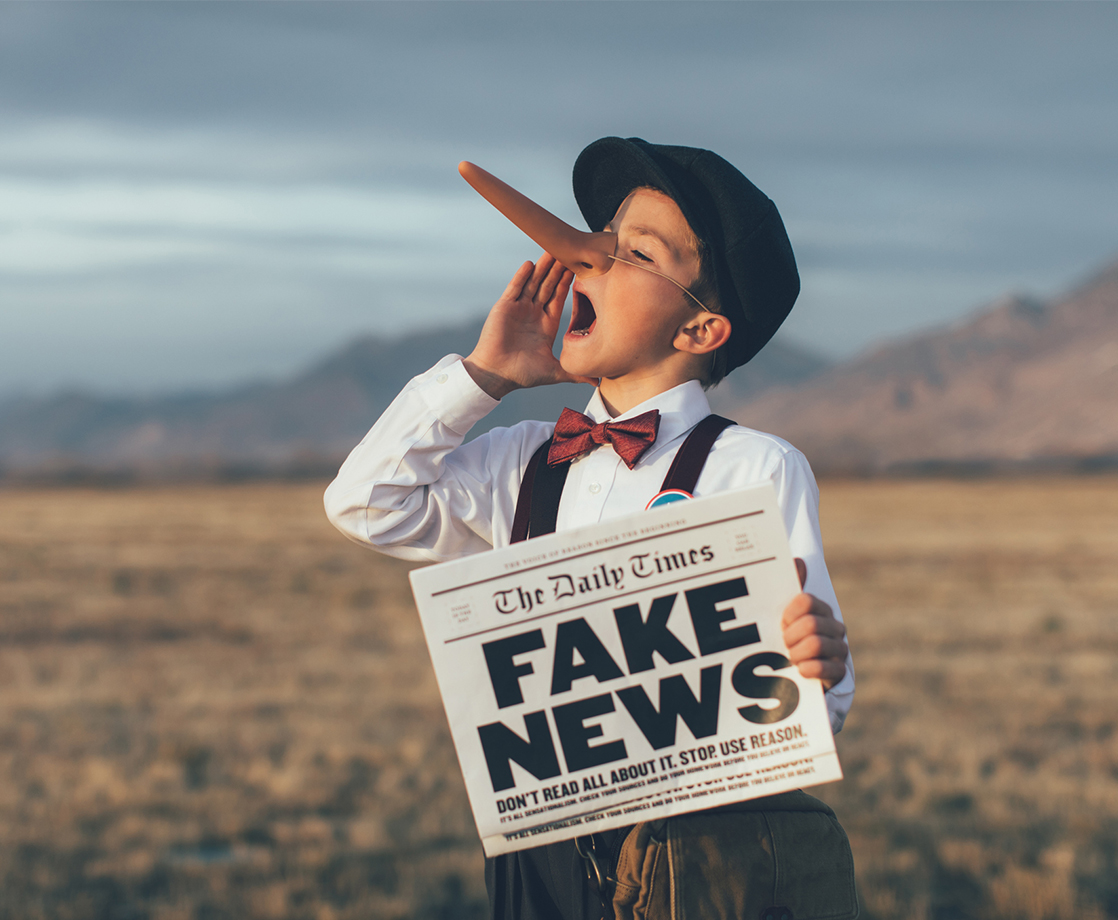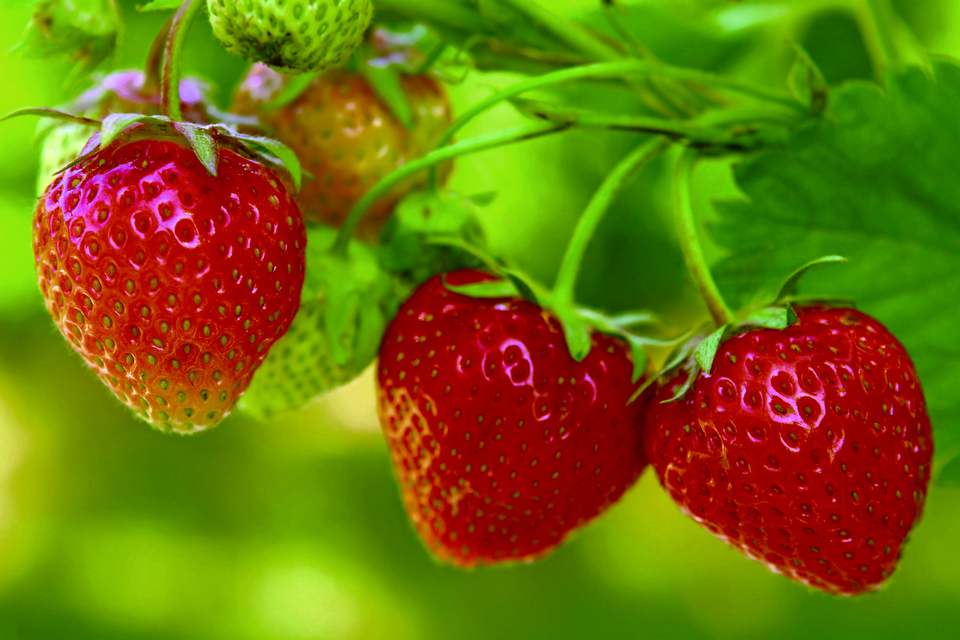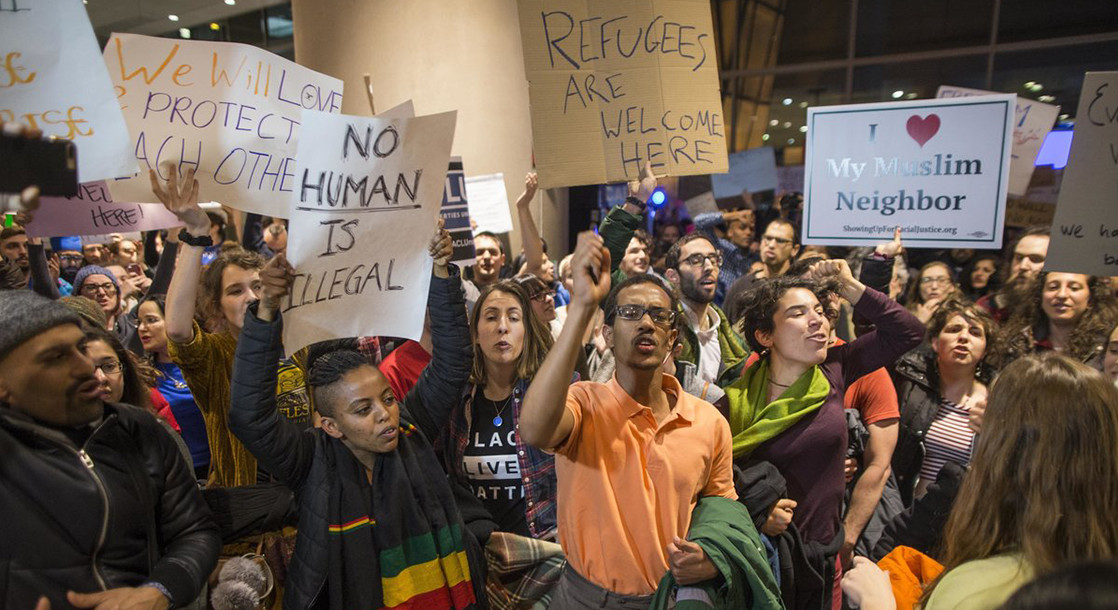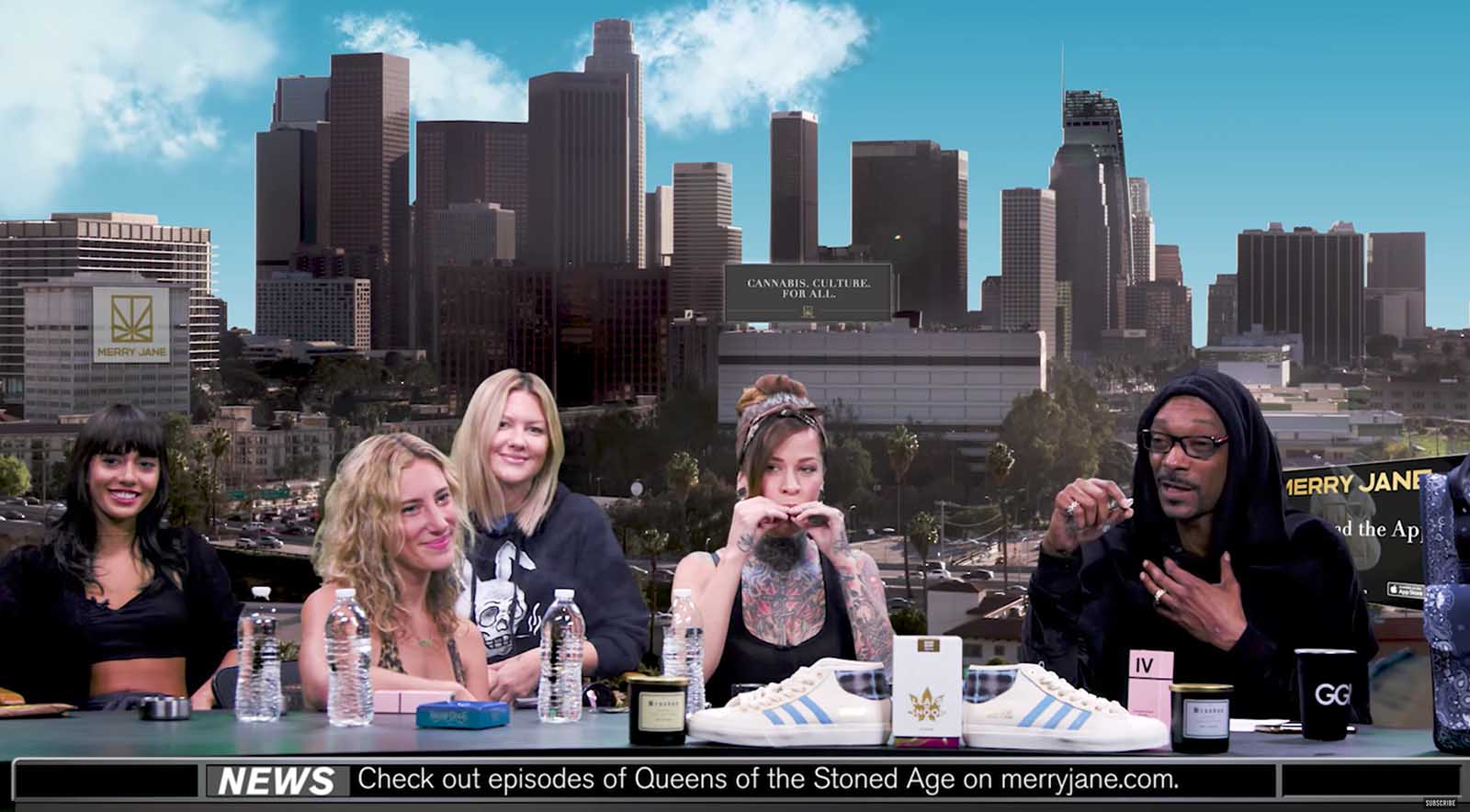The definition of “fake news” means different things to different people. For President Trump, it means any story about him that appears to be negative. For others, it’s incorrect or misleading news that people foolishly spread on social media — often with real-life consequences. Sadly, far too many people cannot tell the difference between real or fake news, and studies illustrate that people over the age of 65 are both the most gullible and the most likely to re-share a BS story.
While cannabis consumers with even an ounce of integrity can usually spot a fake news story about pot, people who are less familiar with the plant tend to take any article at face value — including high-ranking lawmakers, such as former Attorney General Jeff Sessions. Though it’s alarming when our elected officials cite incorrect information during legislative sessions or speeches, there have been moments in the past couple years when the obliviousness was so over-the-top that we couldn’t help but chuckle at these narcs. To wit, here are five hilarious, albeit alarming, moments when fake weed news spread like a grass fire.
“37 Dead on First Day of Legal Cannabis Sales”
Recently, Louisiana Rep. Dodie Horton cited an obviously fake news report from 2014, which reported that 37 people overdosed and died from cannabis on the first day of legal sales in Colorado. Rep. Horton, like millions of Americans, was easily deceived, and the politician shared the “news” during a hearing in the Louisiana Legislature.
It turns out that the report came from The Daily Currant, a purveyor of satirical news along the lines of The Onion. “I was given this info from a so-called ‘Trusted’ source, but now know that the story was not credible!” Rep. Horton tweeted later.
“McDonald’s to Convert PlayPlaces into Cannabis Lounges”
A couple years ago, a fake story from a platform called Now 8 News was published, noting that two Denver-based McDonald’s franchises had converted their play areas to allow smoking inside. The article also added that 13 other locations were planning to complete renovations to create cannabis lounges by the end of 2015. Needless to say, the story was made up.
McDonald’s spokesman Khim Aday confirmed that the story wasn’t true, leading other outlets who had picked up the story to backtrack. Of course McDonald’s isn’t ever going to allow cannabis smoking inside its restaurants, but the post was misleading enough to confuse The Associated Press, which later issued a correction. This one should have been a no-brainer: After all, everyone knows that the proper etiquette is to smoke cannabis before going to McDonald’s.
“Cannabis Contains Alien DNA”
On July 13, 2016, a publication called IFLScience published an article titled “Marijuana Contains ‘Alien DNA’ from Outside of Our Solar System, NASA Confirms.” Though hard to believe, some people actually accepted this story as fact. A couple weeks later, outlets were forced to note that NASA, in fact, did not actually confirm the “alien DNA.”
The fact-checking website Snopes later stamped the article as false, and added that IFLScience merely wanted to use readers as guinea pigs and see how many people would share the bogus news story. “The article actually had nothing to do with marijuana genetics or extraterrestrial DNA, but instead was intended to be a demonstration of how often people will share articles on social media without reading them,” the site clarified.
“Bill Would Allow Cannibals Tasting Rooms”
On Feb. 27, 2018 Fox31 in Denver attempted to report on a bill that would allow cannabis tasting rooms and other forms of social consumption, but the outlet failed to spell check the headline. As such, it read “Bill Would Allow Cannibals Tasting Rooms.” Journalists from other news platforms weighed in on the debacle, including some casual shit-flinging on Twitter.
United Nations Calls for Decriminalization of All Drugs
On April 20, 2016, the prankster/activist duo known as the Yes Men released a fake news article claiming that the United Nations Office on Drugs and Crime called for the decriminalization of all drugs. Honestly, given the stratospheric rise of cannabis reform, this piece of fake news almost sounded credible at first. A fake Twitter account for Kevin Campo, an alleged UNODC spokesperson, was even created to add some realism to the prank. The “news” ended up traveling far and wide, with even the Los Angeles Times falling for it and publishing an article on the hoax.
Follow Benjamin M. Adams on Twitter











